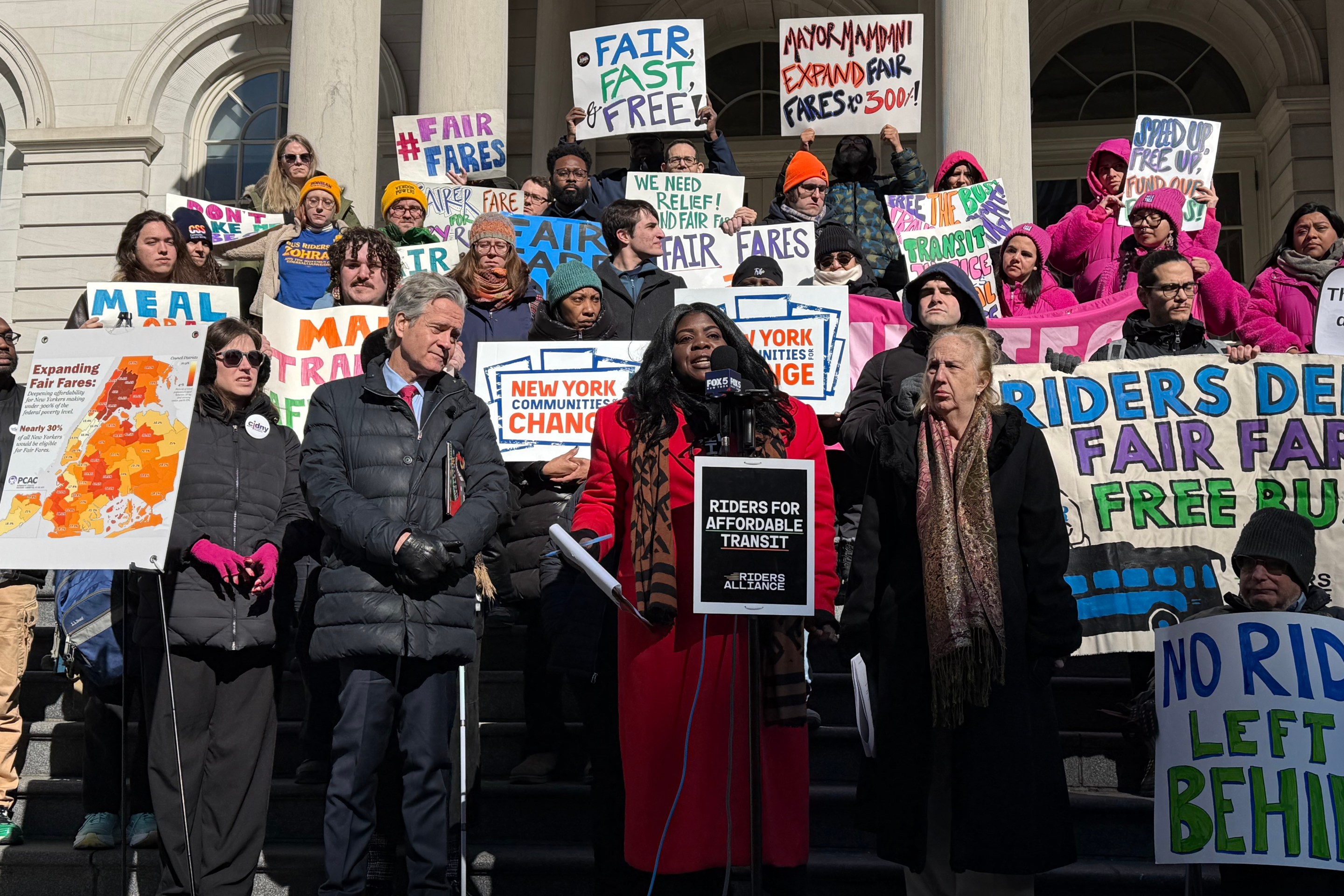Although Senate Republicans had hoped the carefully crafted compromise over the Transportation Enhancements program would stand, some House members are stating their insistence that the program be stripped out entirely in conference.
Transportation Enhancements is the primary source of funding for bicycle and pedestrian projects. It comprises less than two percent of total federal transportation funds but has been a source of bitter contention, nearly derailing talks in the Senate. The two sides eventually made a deal under which TE is subsumed under the Congestion Mitigation and Air Quality Improvement program’s “additional activities” category. Per that agreement, states can opt out altogether, and some road uses compete with bike and pedestrian projects for funding. An amendment to maintain some local control over the funds made it somewhat more palatable for advocates.
Sen. James Inhofe, the conservative top Republican on the Environment and Public Works Committee, warned House members at the outset of the conference that "the conservative position is to pass this thing," even if members are not 100 percent satisfied with the compromise. The changes to the enhancements program constituted "the most meaningful reform to conservatives" in the bill, he said.
Transportation conference chairwoman Barbara Boxer said today that lawmakers "have a chance" to make the bill longer than two years, as the Senate bill is written. She also said that 80 percent of the EPW Committee's portion of the bill is not controversial and has been agreed to. According to Boxer, House Speaker John Boehner told her last night that he has instructed House negotiators to get a bill done.
Still, a staffer familiar with the ongoing conference talks has told Streetsblog that TE is again an issue of contention. Freshman Republicans have made a point of expressing their dissatisfaction that any funding whatsoever remains in the bill.
In addition to TE, Republicans took issue with one of the most popular bill elements among transportation reformers: the provision allowing for more flexibility for transit agencies in times of high unemployment. The Senate bill allows agencies in such cases to spend federal funds normally reserved for capital improvements on operations. GOP opposition to these programs is part and parcel of the urban/rural divide, according to Streetsblog's source, who said some House members are bent on redistributing money from urban areas to rural districts.






